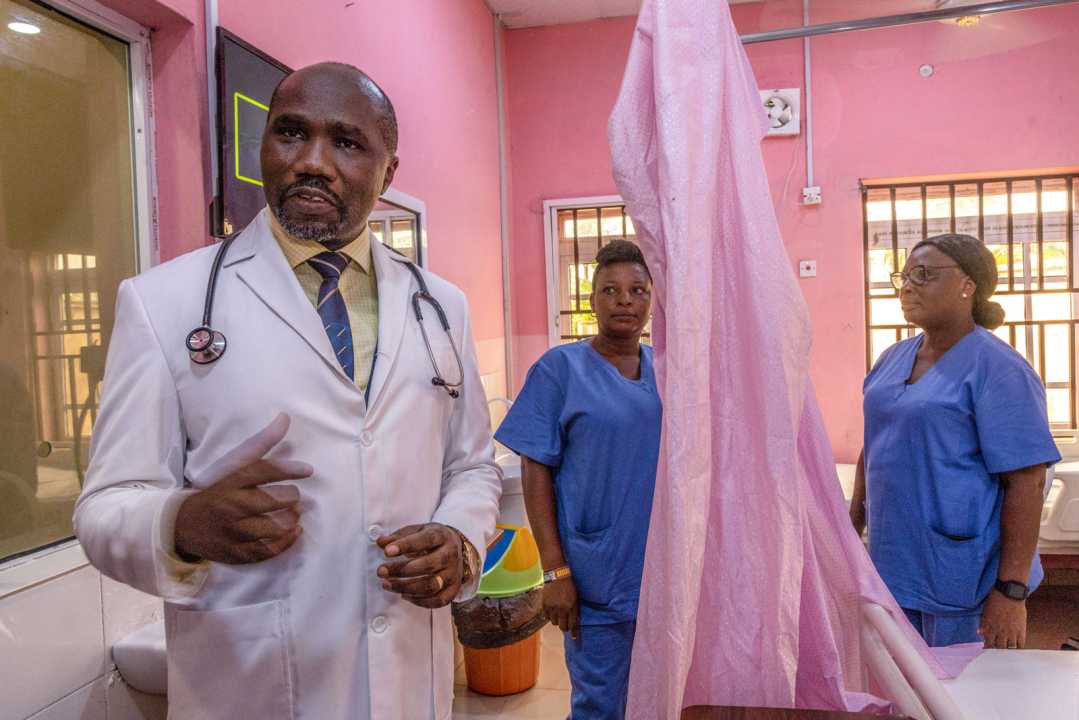Health
Health Officials Assure Public: Mpox Unlikely to Cause School Closures

Federal health officials have sought to reassure the public regarding the current mpox outbreak, emphasizing that the situation is significantly different from the COVID-19 pandemic.
In recent days, fears of potential school closures due to mpox infections have resurfaced on social media. Many individuals expressed their concerns, recalling the disruptions caused by COVID-19 in 2020. One comment on social media stated, “I swear if it’s another lockdown I’ll cry,” reflecting the anxiety felt by students facing their final school years.
Dr. Michelle Taylor, the director and health officer of the Shelby County Health Department in Memphis, Tennessee, noted that students do not want to repeat the challenges they faced during the earlier pandemic. “They’ve been through this before,” she stated.
Despite the worries surrounding the mpox outbreak in Africa, federal health authorities, including Christina Hutson from the Centers for Disease Control and Prevention, insist that this virus is unlikely to result in school closures. “This is not like COVID, where there’s nothing visible on somebody,” Hutson explained. “With mpox, you actually can see the lesions on somebody. Unless you’re directly touching them, you’re not going to get infected.”
Mpox, which was previously known as monkeypox, is known for causing fever, headaches, muscle aches, and painful skin lesions. Unlike COVID-19, which spreads through respiratory droplets, mpox is transmitted through close skin-to-skin contact with those lesions, as well as through contaminated items like clothing or bedding.
Dr. Paul Offit, a pediatrician and infectious disease expert at the Children’s Hospital of Philadelphia, emphasized that asymptomatic spread, which was a significant concern with COVID-19, is not a feature of mpox. There are currently two identified strains of mpox: clade I and clade II. While clade II was responsible for the global outbreaks in 2022, clade I is considered more dangerous and transmissible.
As of now, cases of clade I mpox have been predominantly from African countries, particularly the Democratic Republic of the Congo, DRC. There have been no recorded cases of clade I in the United States, as officials continue monitoring the situation closely.
Dr. Carlos del Rio, a professor of medicine and infectious disease expert at Emory University in Atlanta, stated that there is no indication that schools will close due to mpox. He reassured that the approach to managing this virus is different from the initial response to COVID-19, given the extensive understanding of mpox that has developed over decades of research.
The World Health Organization (WHO) has also acknowledged the growing cases of mpox, declaring a public health emergency to facilitate a coordinated response to the outbreak. In 2022, mpox cases outside Africa surged, prompting concerns about its potential spread.
Health organizations recommend reducing risks by avoiding contact with infected individuals and proper hygiene practices. For individuals at high risk, vaccination is a preventive measure recommended by health officials.












